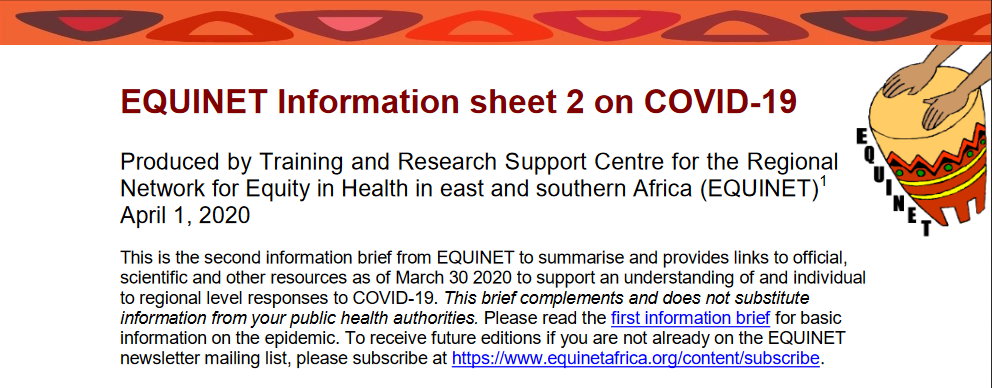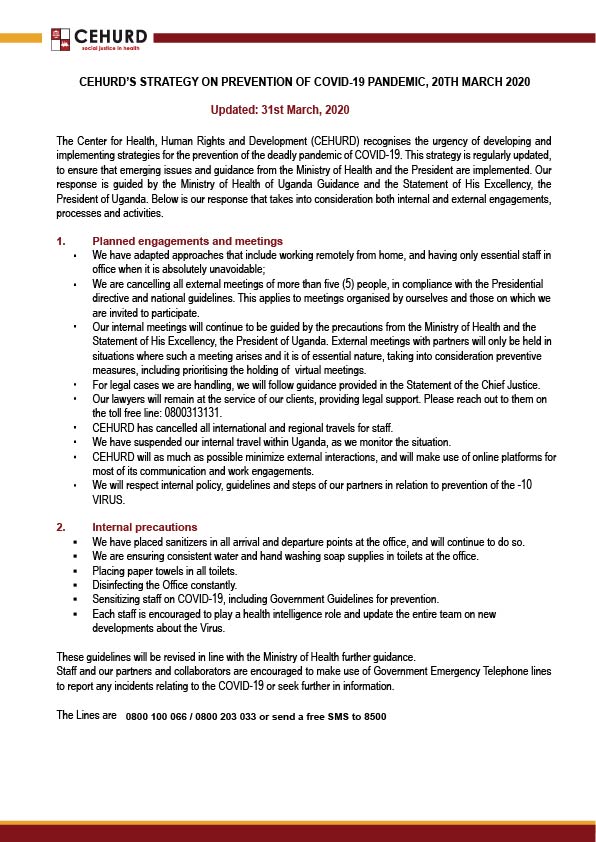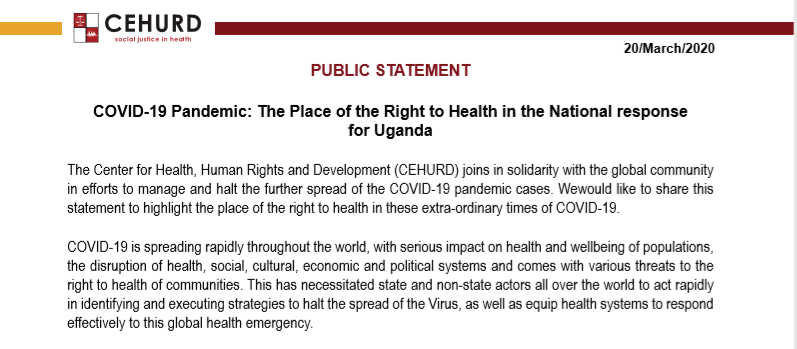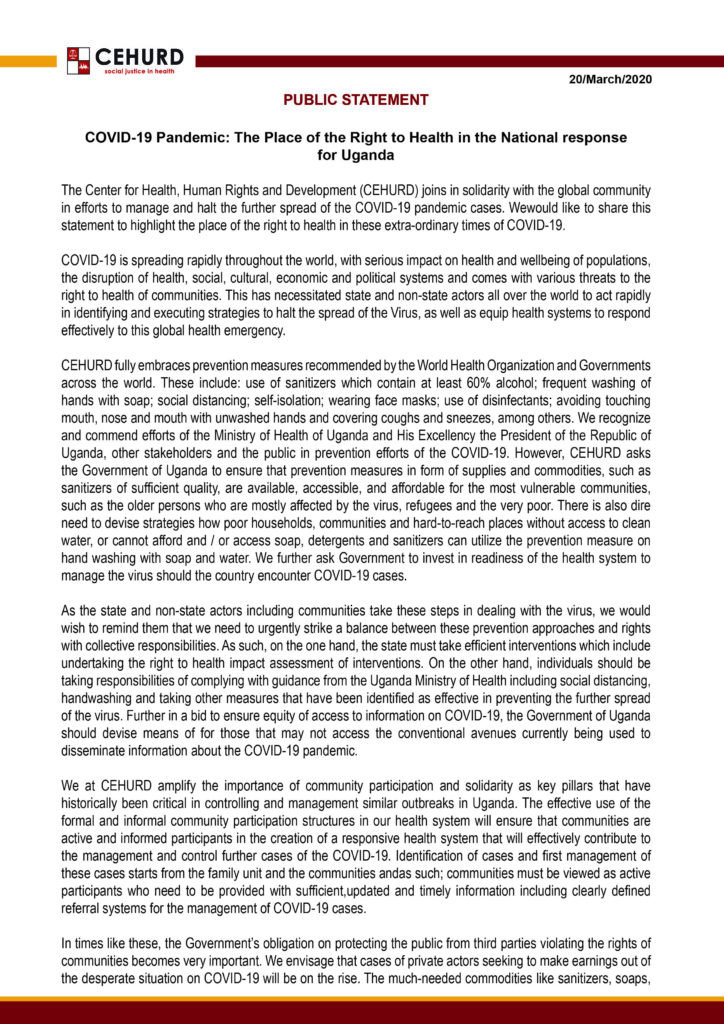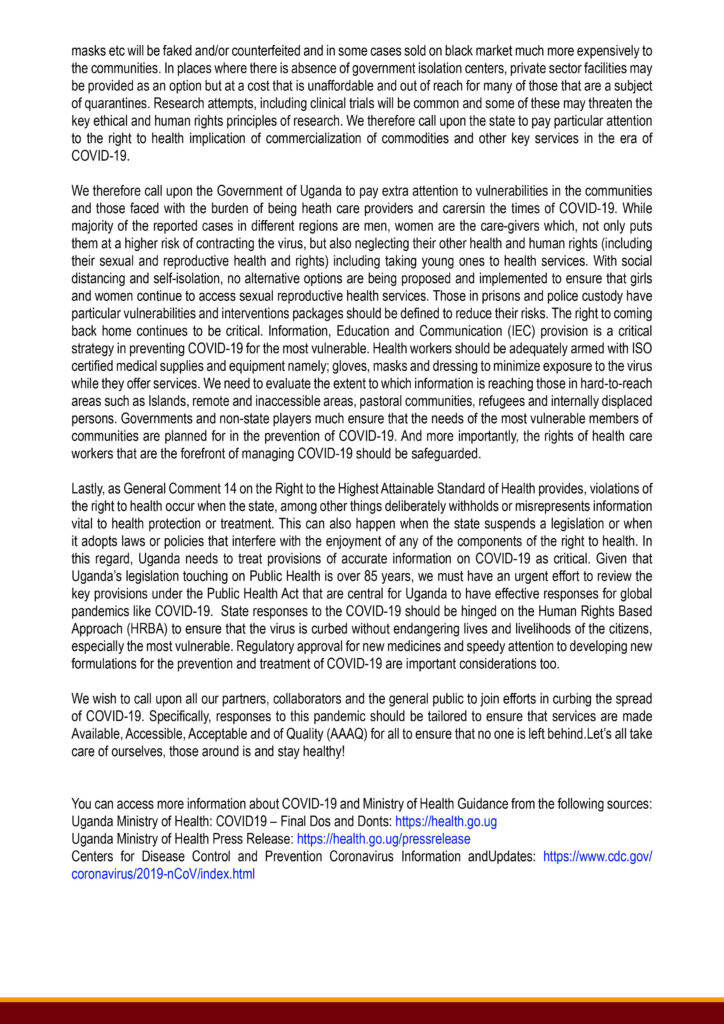While the world struggles to find innovative ways to treat
Tuberculosis (TB), WHO estimates that more than 58 million lives were saved by
global efforts to end TB between 2000 to 2018. However, in 2018 alone, 10
million fell ill, 1.5 million died and 0.5 million fell ill with Multi-Drug
Resistant TB (MDR-TB)[1].
These statistics tell that even the best efforts employed
sometimes fall short. Not everyone living with TB can access treatment and with
the rise of COVID-19 globally, people living with Tuberculosis (TB) are likely to be more vulnerable to
COVID-19 and its effects. The true impact of COVID-19 is yet to be felt
globally as more than 300,000 are already infected and it has claimed more than
16,700 lives, with its epicenter shifting from Wuhan, China to Europe.
Both TB and COVID-19 are
highly infectious diseases. While TB is airborne, COVID-19 is transmittable
through aerosols and it remains from several hours to days on various surfaces[2].
Both TB, MDR-TB and COVID-19 have similar identifiable symptoms such as
coughing however, while TB can be handled through treatment and medication, no
known medication has been identified to successfully treat COVID-19.
TB and MDR-TB treatment and
medication can be accessed through leveraging on the Trade Related
Aspects of Intellectual Property Rights TR9IPS) flexibilities to facilitate
access to medicines and engaging in strategies to deliver cheaper medicines for
low- and middle-income countries such as Uganda. It is also important to ensure
that the government strengthens the procurement and supply chains to enable the
ultimate beneficiaries to have access to TB and MDR-TB medicines.
However, COVID-19 has created
panic and fear that has grossly affected manufacture, supply, sale and
distribution of essential commodities. This has greatly hit the population as
the workforce is on lockdown and quarantine is highly encouraged. Given the
nature of COVID-19, prevention strategies such as the use of hand sanitiser,
face masks and regular washing of hands every 20 minutes are highly encouraged.
However, this does not absolve the government from investing in the healthcare
sector.
COVID-19 now presents a great
strain on public health compared to TB and it would require the government to
establish specialized health care units to handle patients suffering from
COVID-19. It would equally require recruitment of health workers, purchase of
specialized equipment required to detect and treat COVID-19. Though Jack Ma’s
contribution to Uganda is well received, it is grossly inadequate to handle a
country that has a population of more than 40 million people.
It’s now time for the
government to increase budgetary allocation and human resources for health to
combat TB, MDR-TB and COVID-19. The doctors’ strike in November 2017 due to
inadequate pay, exposed the vulnerabilities in Uganda’s healthcare sector
however, all this can change if the government is committed to increasing its
budgetary allocation to the health care sector for the benefit of all Ugandans.
Health is not a privilege neither is it a luxury, it’s a human right worth
respecting and worth investing in.
[1] WHO
“Tuberculosis Key facts” 24th March 2020. Available at <https://www.who.int/news-room/fact-sheets/detail/tuberculosis>
[2] Science News “Study reveals how long COVID-19 remains infectious on cardboard, metal and plastic” March 20th 2020. Available at <https://www.sciencedaily.com/releases/2020/03/200320192755.htm>
By Paul Wasswa – Lawyer at the Center for Health, Human Rights and Development (CEHURD)

